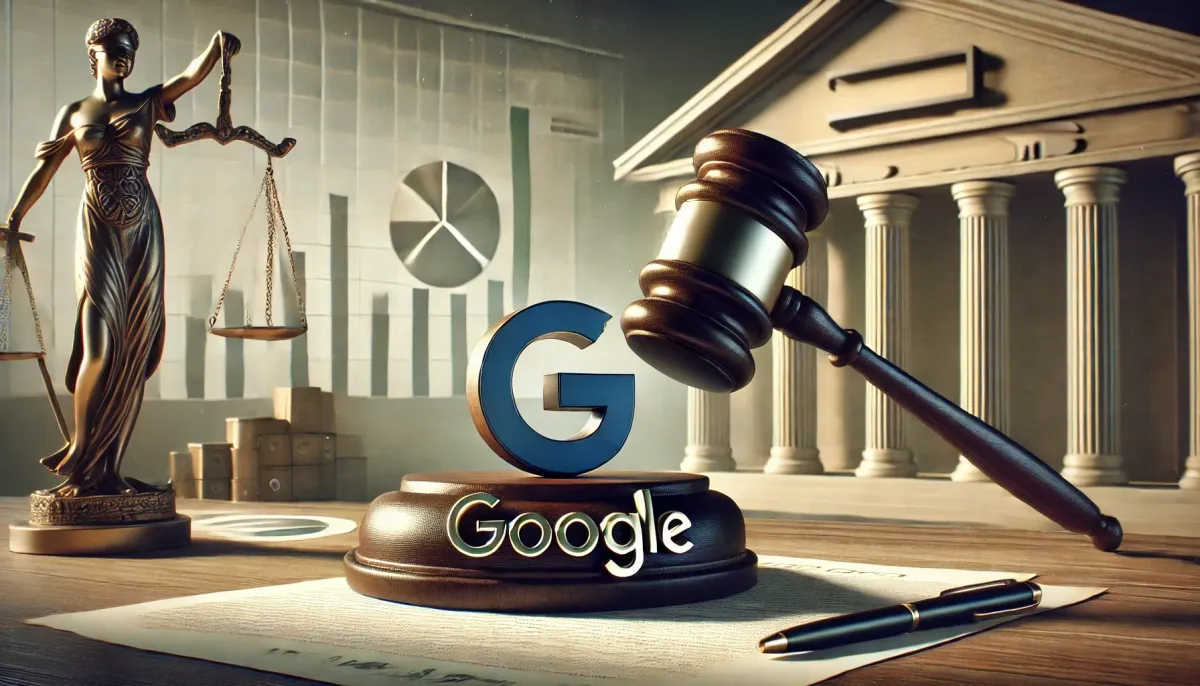Federal Judge Rules Google Violated Antitrust Laws, Sparking Major Market Changes

Significant Judicial Rulings and Market Implications
A federal judge has recently determined that Google has violated antitrust laws by maintaining a monopoly in the search engine market. This landmark ruling may usher in considerable transformations within the search engine and advertising landscapes.

As the decision sets the stage for diversifying the search engine market, there is an anticipation of increased competition from other platforms. Rivals are expected to challenge Google's dominance, potentially leading to a shift in market dynamics and possibly more innovative search engine solutions.
Impact on Advertisers and Users
The potential reduction in Google's control could result in advertisers experiencing more competitive pricing. This is because alternative platforms might gain market share, presenting new opportunities for advertisers to explore diverse channels for reaching their audience.
Additionally, users might begin diversifying their search habits, leveraging platforms like Amazon, TikTok, and Reddit alongside traditional search engines. This fragmentation in data flow could contribute to a more distributed and varied user experience across multiple platforms.
Federal judge rules against Google in massive antitrust lawsuit
Anticipation for Upcoming Trials
The U.S. Department of Justice is preparing for another significant trial against Google, this time centering on the company's alleged monopoly in ad tech. The focus will be on accusations that Google has unfairly controlled the technology that connects online publishers with advertisers.
Key allegations from the DOJ include claims that Google's dominance allows it to retain a substantial cut of advertising revenues, seen as an exclusionary practice. In response, Google has defended its position, arguing that the case overlooks current shifts towards mobile apps and social media, and that its integrated technology benefits advertisers through enhanced ad performance and security.
Should the trial lead to a decision against Google, one of the significant outcomes could be the forced divestiture of some of its ad tech businesses, such as Google Ads Manager and AdX. Such a move would have profound implications for the advertising ecosystem and the operations of publishers.
Witnesses and Legal Proceedings
The trial is set to feature testimonies from key witnesses, including executives from newspaper publishers and online news sites. These witnesses are expected to provide evidence of harm caused by Google's alleged monopolistic practices.
Notably, the trial will be conducted as a bench trial, with U.S. District Judge Leonie Brinkema presiding. This follows Google's successful request to convert the trial from a jury trial, achieved by making a payment to the federal government. The outcomes of this trial could have lasting repercussions on how digital advertising is conducted and regulated in the future.

